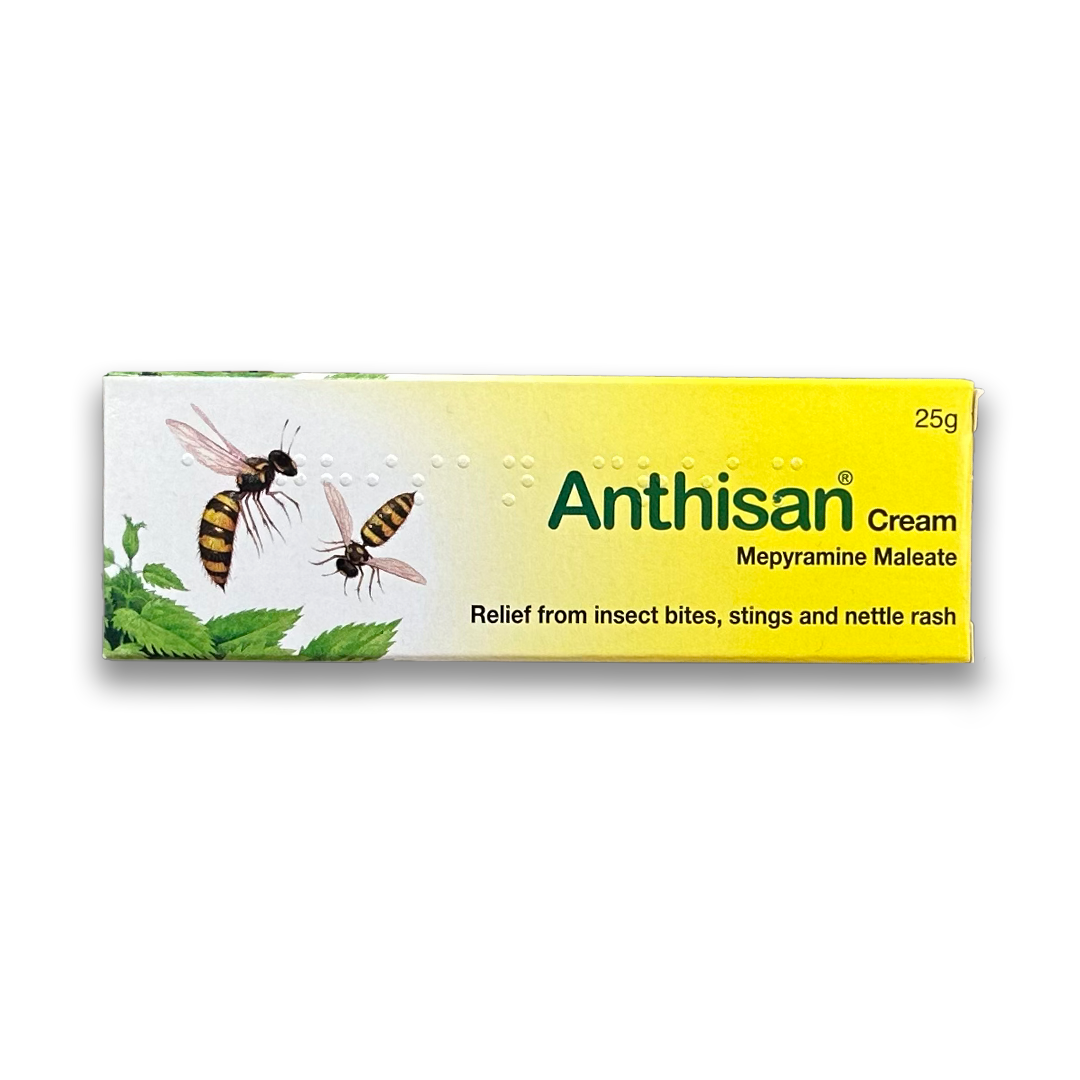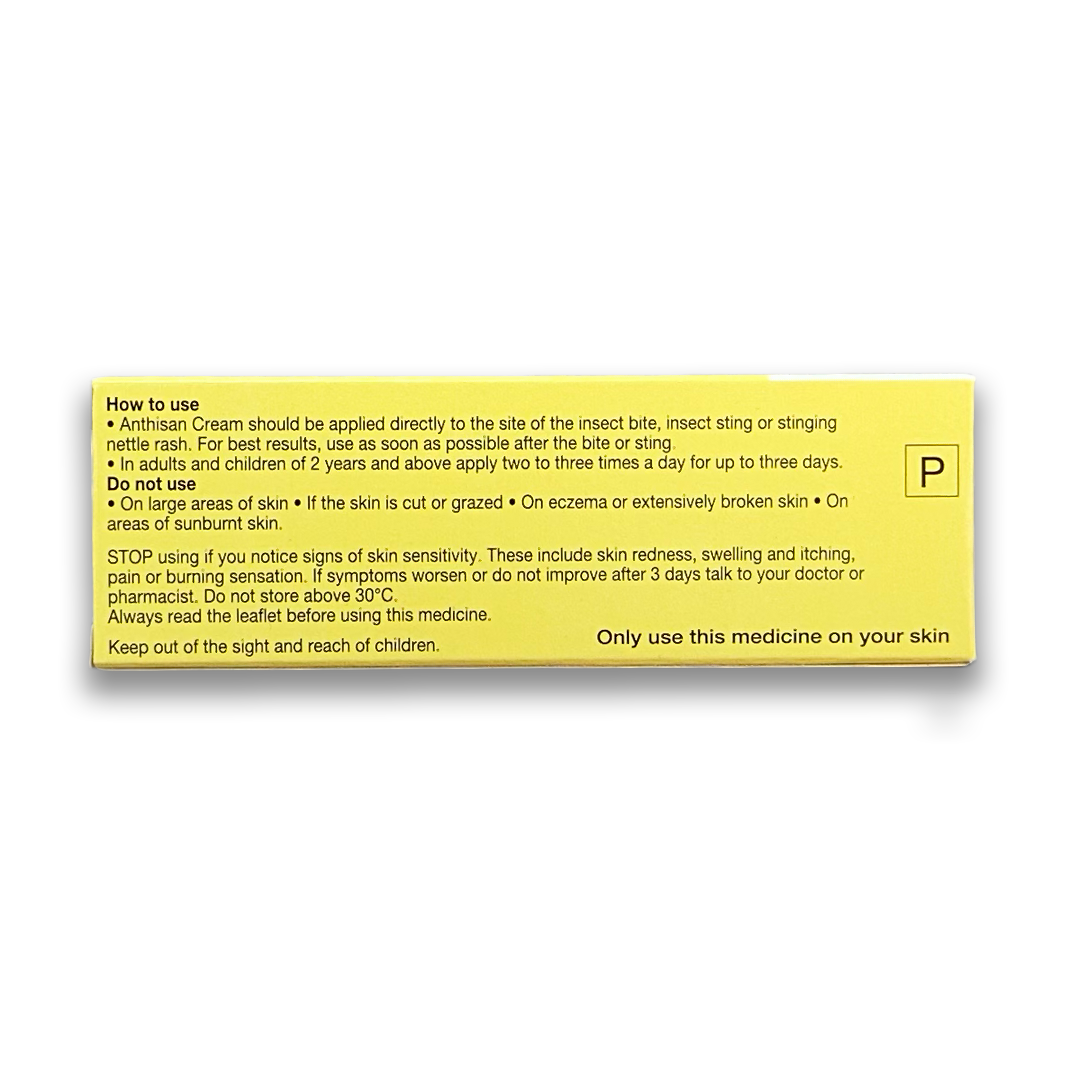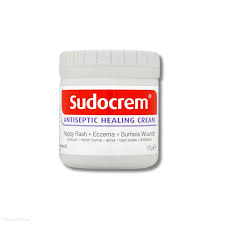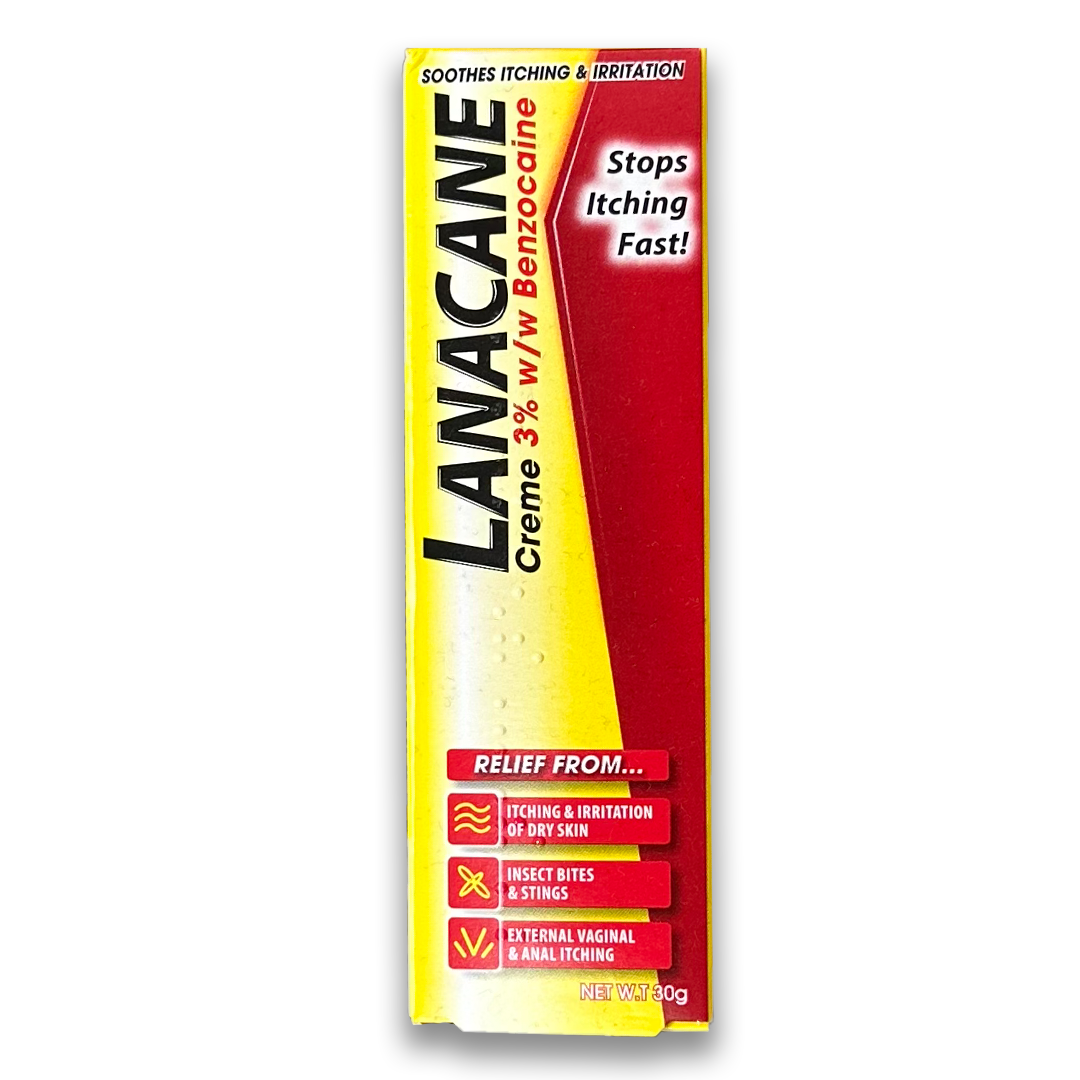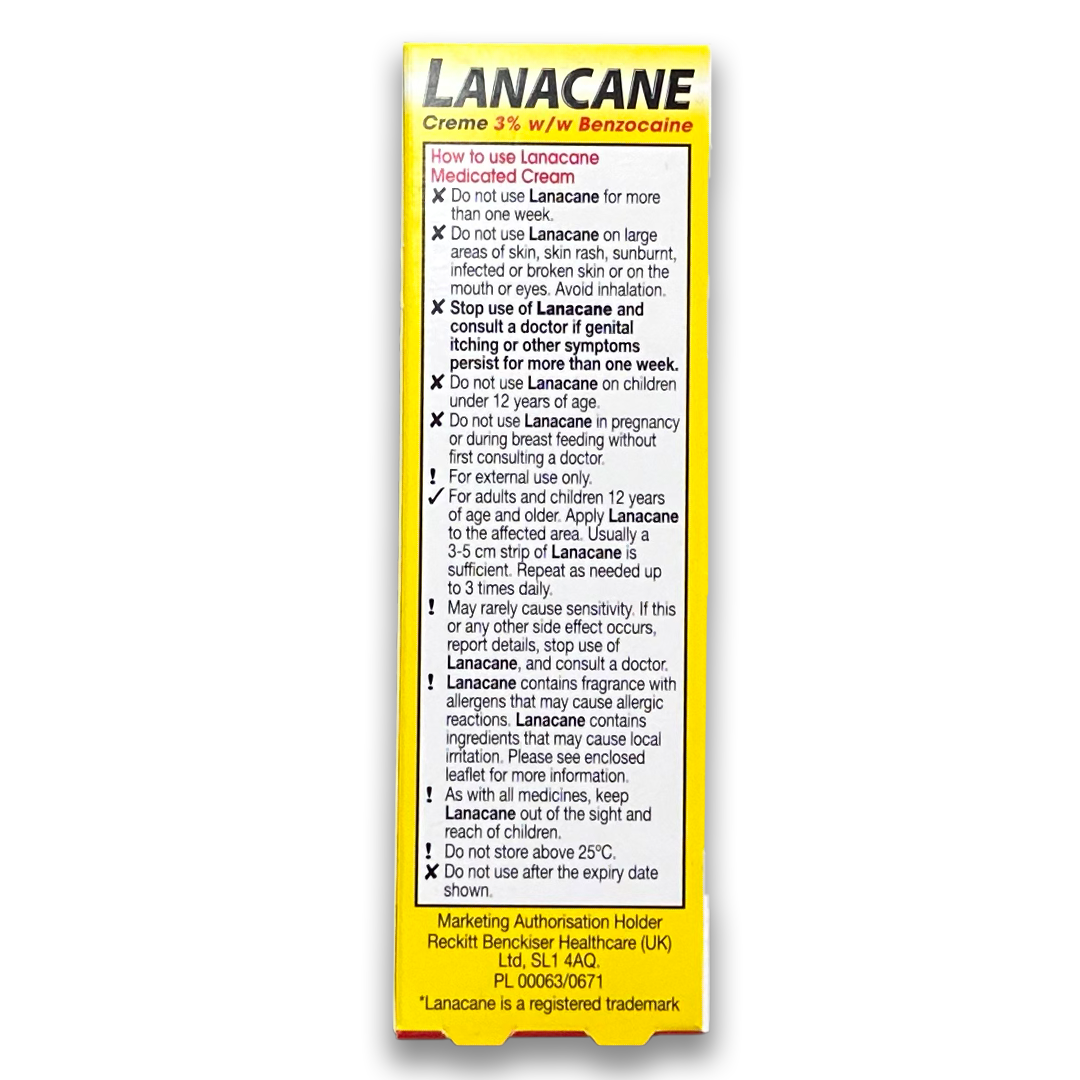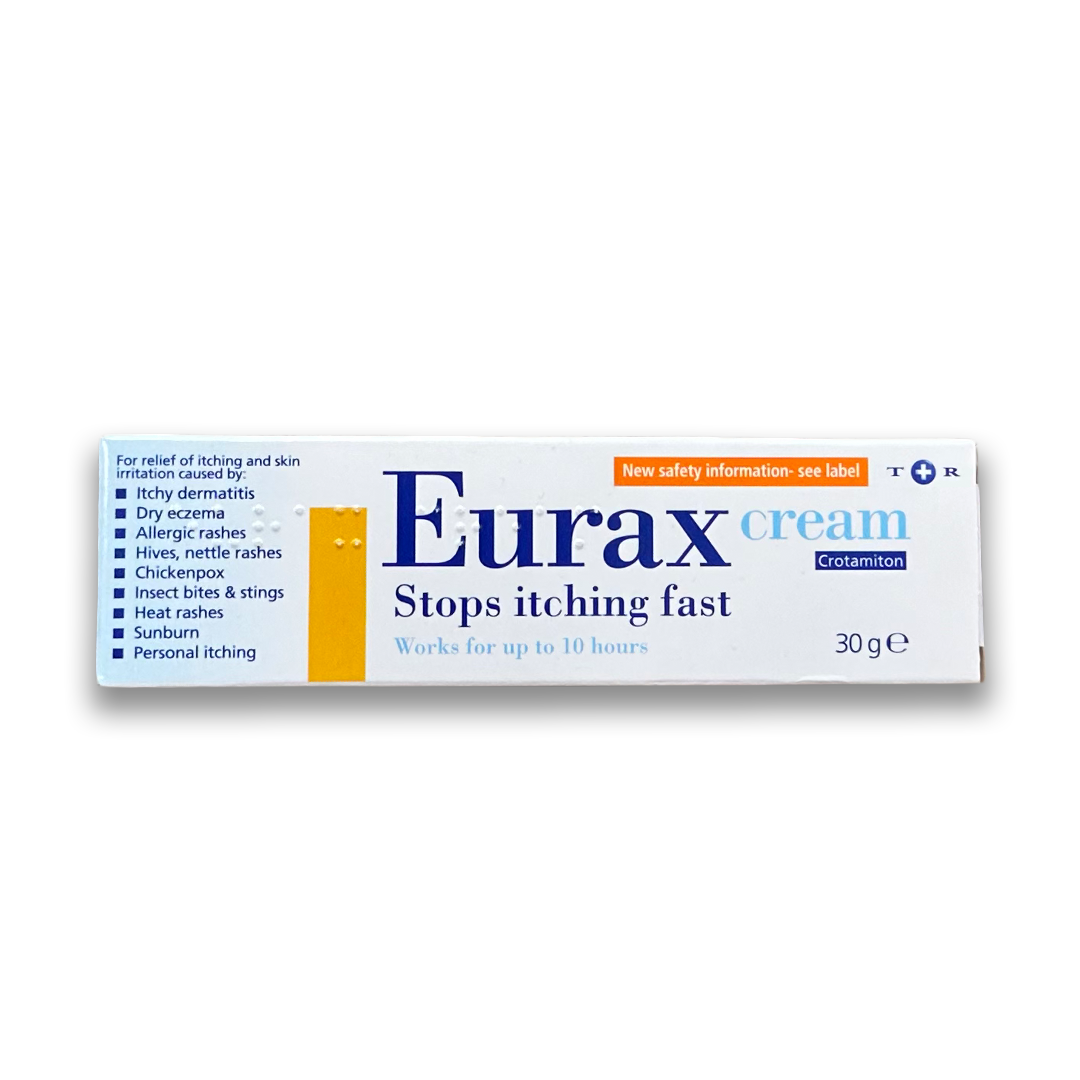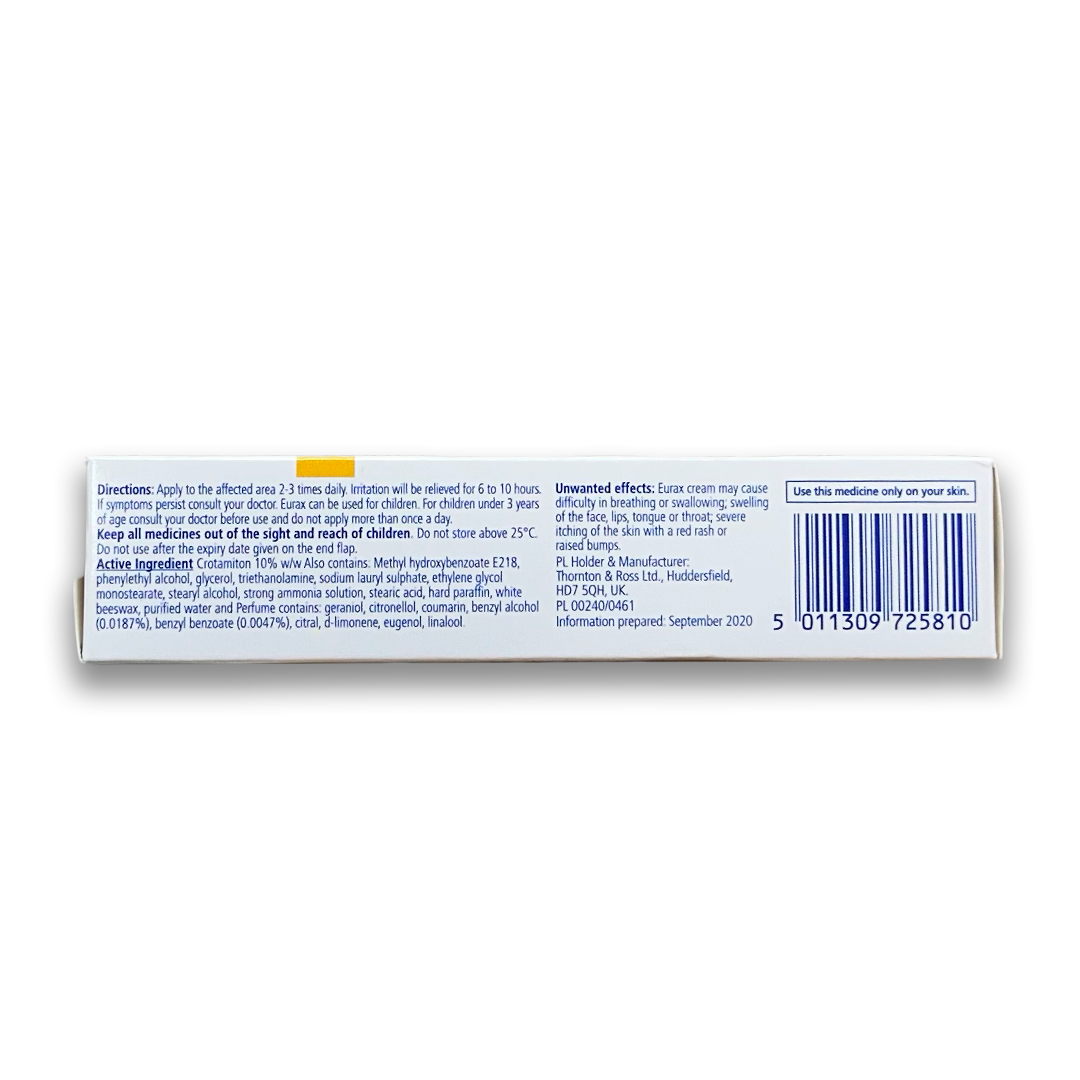
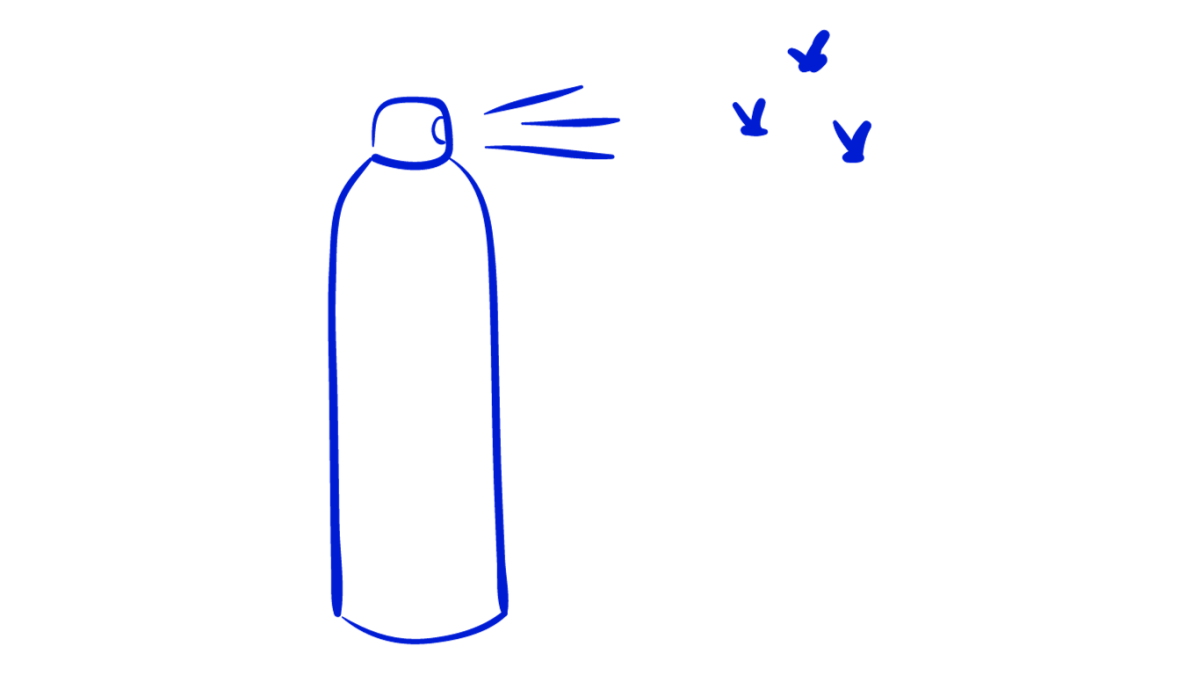
About Insect bite & Repellent
Cause
Diagnosis
Treatments
Prevention
Further Info
FAQs
Are there any natural alternatives to chemical mosquito repellents, and do they work effectively?
Can mosquito repellents be used on children and infants, and are there specific products designed for them?
Is it safe to apply mosquito repellent on my face, and what precautions should I take when doing so?
How often should I reapply mosquito repellent, and does it lose effectiveness over time?
We are here to help 👋
For assistance, please contact our customer service at info@rightangled.com. We are available Monday to Friday from 8 am to 5 pm. For urgent issues, please do not use this email. Instead, call 111, or dial 999 in case of an emergency.

